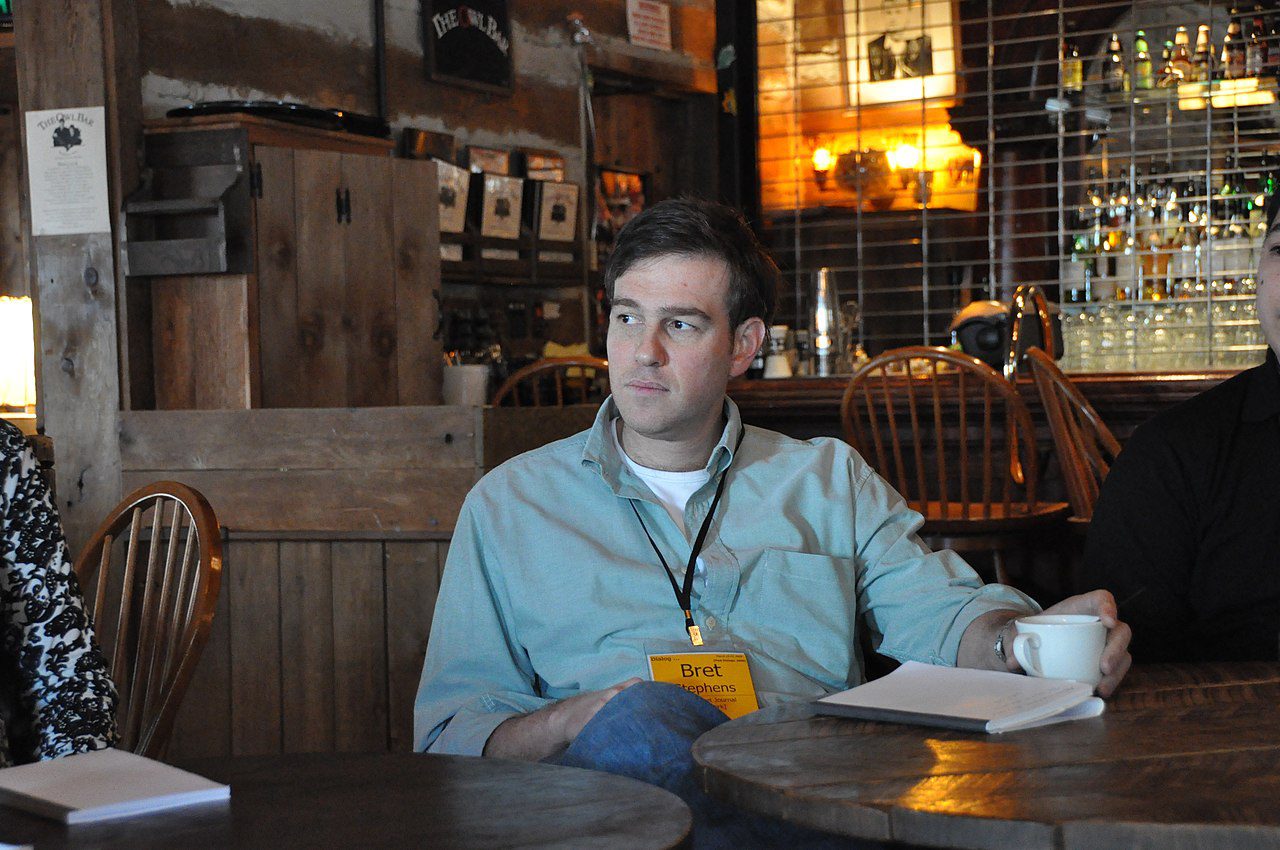Bret Stephens Discovers Edmund Burke

Bret Stephens has written a column about Edmund Burke, and it’s actually quite good. For all the abuse that Stephens (rightly) takes in quarters such as this one, he remains a talented communicator and prose stylist. In his latest piece, he captures that which is most fundamental about Burke, that sense of societal fragility, that amazement that things work the way they do rather than crashing down into a jumbled heap. All the signpost quotes are there—“The nature of man is intricate; the objects of society are of the greatest possible complexity,” “You began ill, because you began by despising everything that belonged to you.”
Stephens’ contention is that Burke would disdain both the Trumpian right and the 1619 left. In Trump, Stephens thinks, Burke would see a crisis of manners, which he famously thought were more important than laws. The president’s tweets and motor mouth would amount to a befouling of our political culture, a far more impactful consequence than, say, a tax cut or justice on the Supreme Court.
As for the woke left, what are they except a reminder of the Jacobins Burke once raged against? The attempt to write off history as irredeemably racist, to begin from year one peering through the academic’s shabby lens, would have appalled him.
Stephens cites George Will, who in his book The Conservative Sensibility, waves away Burke as a “throne-and-altar” conservative incompatible with the American experience. And certainly there’s plenty in Reflections on the Revolution in France that can sit uncomfortably with those of us on this side of the Atlantic—the defense of class and station, the love of monarchy, the slobbering paean to Marie Antoinette. Yet Stephens correctly disagrees with Will here. He perceives that there is much in Burke that transcends the time and place in which he wrote. The values of prudence and gratitude, the hatred of demolition men who would destroy the concrete in favor of the ephemeral, all this is just as applicable today as it was during the 18th century. As Stephens says on that last point, “States, societies and personal consciences are not Lego-block constructions to be disassembled and reassembled with ease.”
Now who was it who thought we could do just that in Iraq? Can anyone remember? Tall guy…used to write for the Wall Street Journal… Hold on, it’s on the tip of my tongue…
Comments